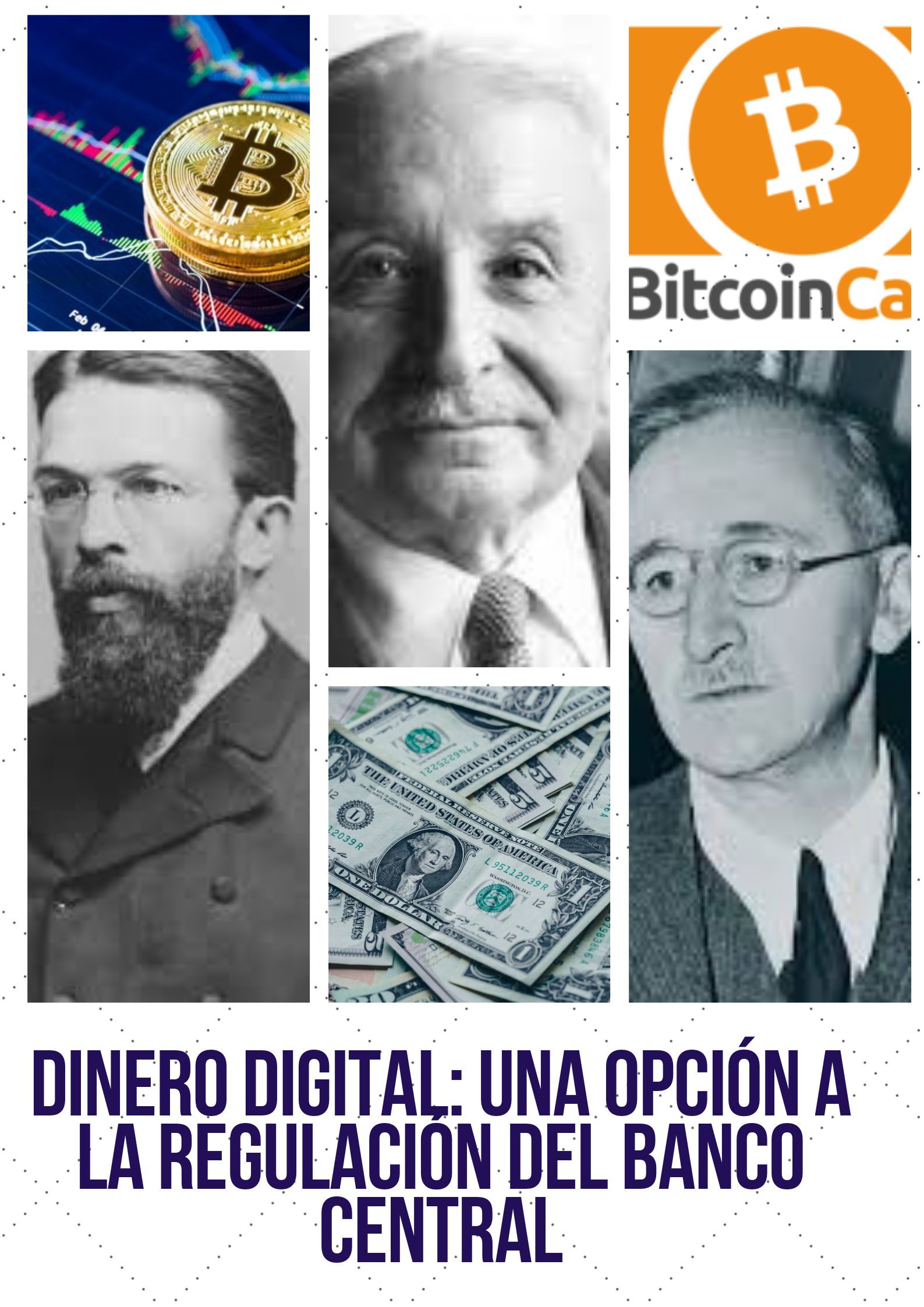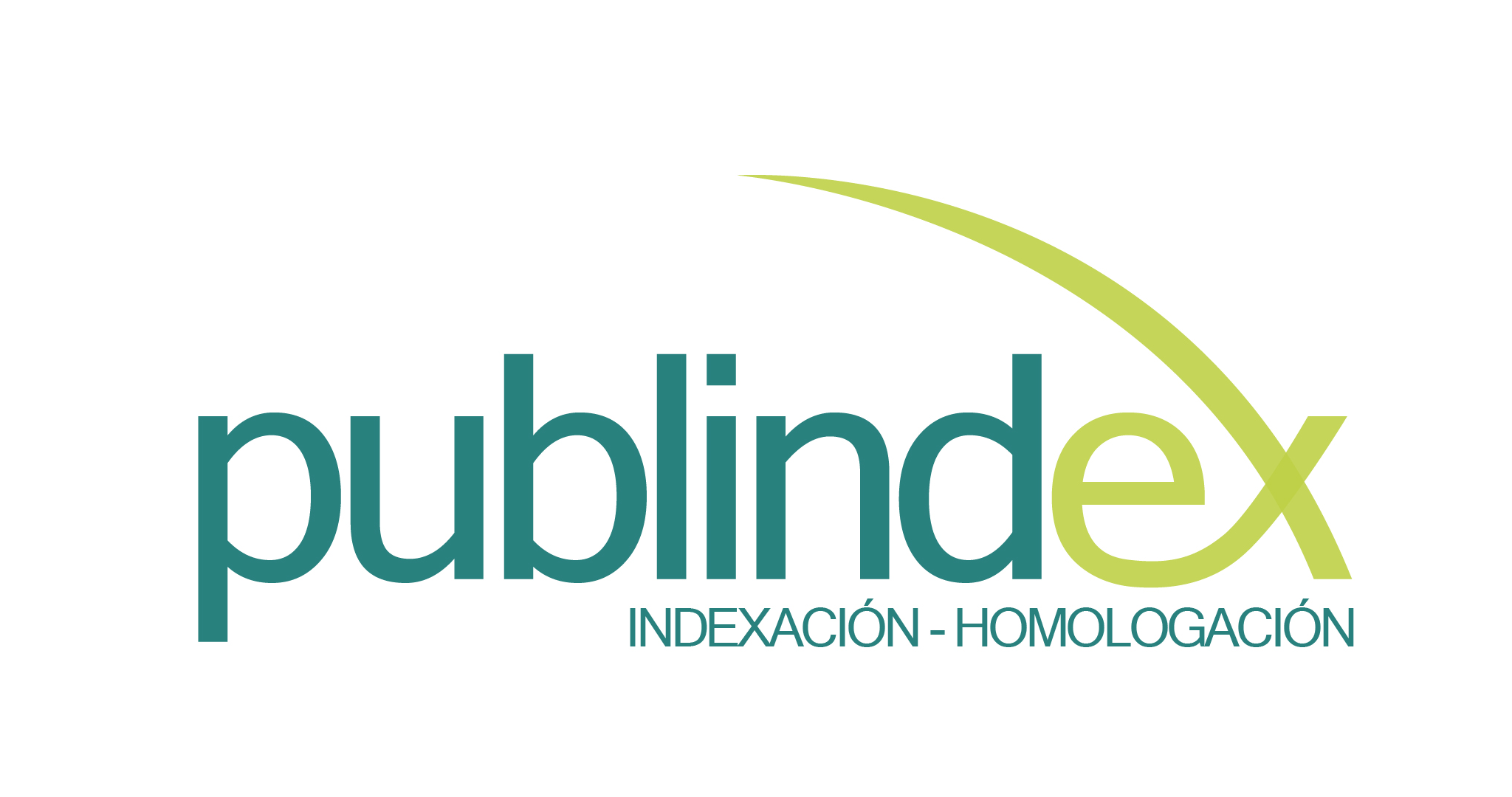Digital money: an option to Central Bank regulation
DOI:
https://doi.org/10.17981/econcuc.40.1.2019.09Keywords:
Deregulation, Digital currencies, Cryptography, Banking freedom, Chain of blocksAbstract
From the conventional economic perspective it can be seen how money has taken an important force within economic science, there are many authors who claim to know how it works and how it can generate effects in society; proof of this, the Austrian school by offering a radical perspective of non-intervention of the State, proposing a competitive system of free banking. By means of documentary analysis, the aim is to direct this article towards the possibility of establishing a private currency, from the approaches of the Austrian school, analysing the subject with the challenge of raising the development of digital currencies, and with this it is intended to evaluate their operability based on economic theory and the benefits that these currencies as a whole would generate in the economy by comparing them with the monetary system regulated by the central bank. As a result, it is possible to identify how, in terms of cryptocurrency projections, complications present in the currency are shown. And from these conventions we can conclude as BITCOIN, if it is a materialization of the Austrian idea, by complying with all the aspects mentioned by Hayek and the Austrian school, in addition to having implicitly its form of competition with the other digital coins and with paper money.
Downloads
References
Catalini, C. & S. Gans, J. (2016). Some Simple Economics of the Blockchain. MIT Sloan Research Paper No. 5191-16. [Online]. http://dx.doi.org/10.2139/ssrn.2874598
Davidson, S., De Filippi, P. & Potts, J. (2018). Blockchains and the economic institutions of capitalism. Journal of Institutional Economics, 14(4). 639–658. http://dx.doi.org/10.1017/S1744137417000200
Friedman, M. [Reddit] (19 de Febrero de 1999). Professor Milton Friedman predicts Crypto in 1999 . [Archivo de video]. Recuperado de www.reddit.com/r/CryptoCurrency/comments/8bvg4e/professor_milton_friedman_predicts_crypto_in_1999/
García-Arenas, J. & Guasch, M. (2018). El dinero digital en la economía del futuro: nuevas posibilidades, nuevos retos. CaixaBank Research, 423[Online]. 37–39. Recuperado de http://www.caixabankresearch.com/sites/default/files/documents/im_1805_37-39_dossier_3_es_0.pdf
Hayek, F. (1976). La desnacionalización del dinero: Un análisis de la teoría y práctica de las monedas concurrentes. Londres: Institute of Economic Affairs.
Hayek, F. (1945). El uso del conocimiento en la sociedad. American Economic Review, 25(1). 519-530.
Nakamoto, S. (2009). Bitcoin: Un Sistema de Efectivo Electrónico Usuario-a-Usuario. Hawthorne: bnpublishing.com. Recuperado de https://bitcoin.org/files/bitcoin-paper/bitcoin_es.pdf
Von Mises, L. (1949). K! Cambio indirecto. En, L, Von Mises, La acción humana, tratado de economía (4 ed.). 595–695 New Haven: Yale University Press

Published
How to Cite
Issue
Section
License
Copyright (c) 2019 Daniela Alejandra Montaña

This work is licensed under a Creative Commons Attribution-NonCommercial-NoDerivatives 4.0 International License.
You are free to:
- Share — copy and redistribute the material in any medium or format
- The licensor cannot revoke these freedoms as long as you follow the license terms.
Under the following terms:
- Attribution — You must give appropriate credit , provide a link to the license, and indicate if changes were made . You may do so in any reasonable manner, but not in any way that suggests the licensor endorses you or your use.
- NonCommercial — You may not use the material for commercial purposes .
- NoDerivatives — If you remix, transform, or build upon the material, you may not distribute the modified material.
- No additional restrictions — You may not apply legal terms or technological measures that legally restrict others from doing anything the license permits.

 English
English
 Español (España)
Español (España)














